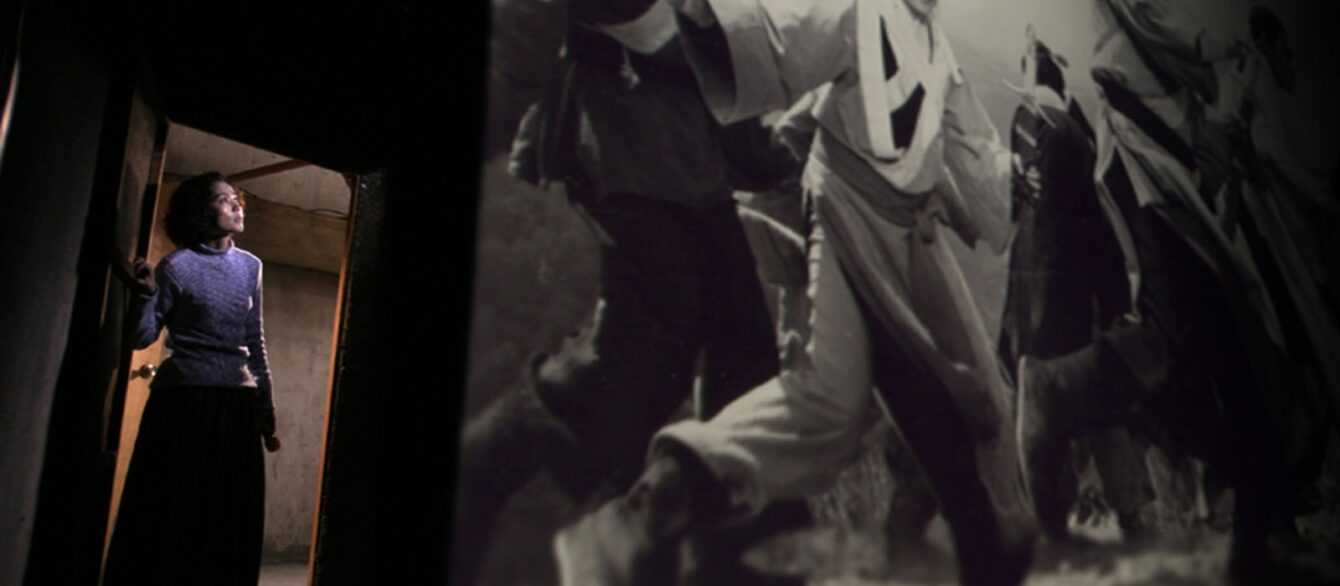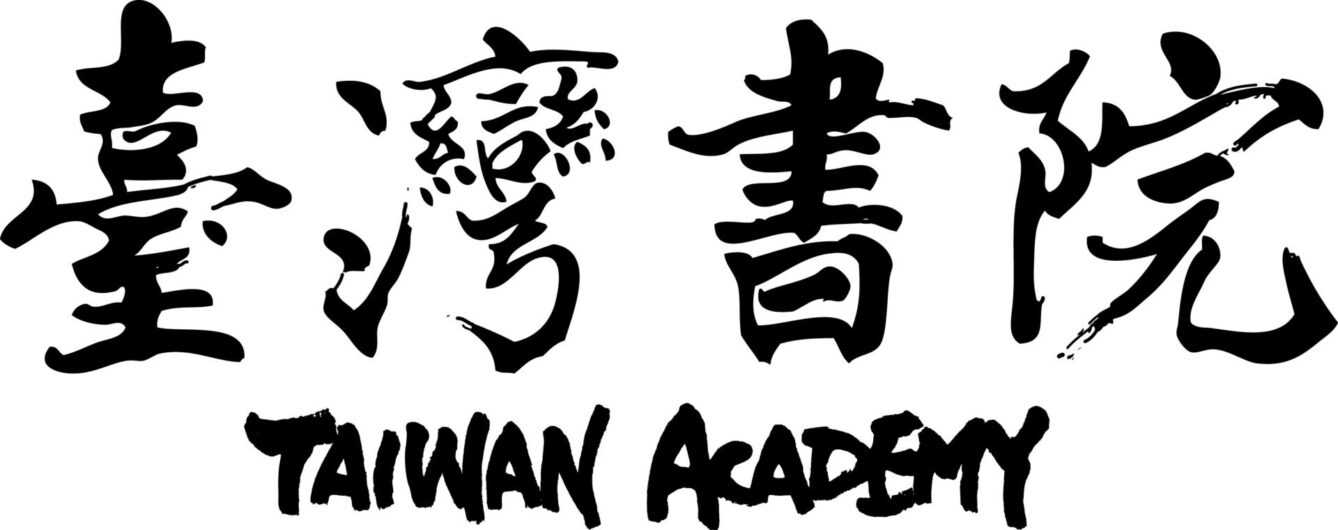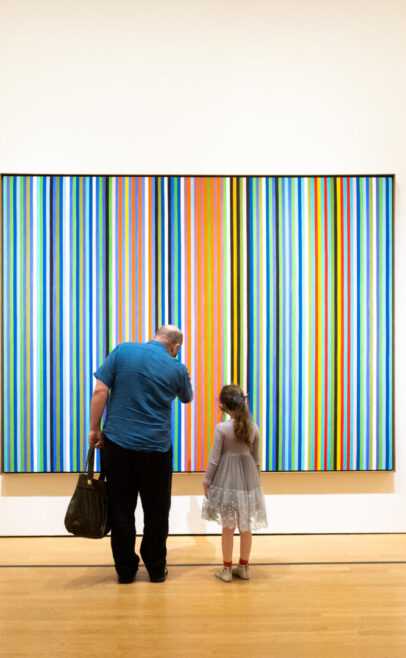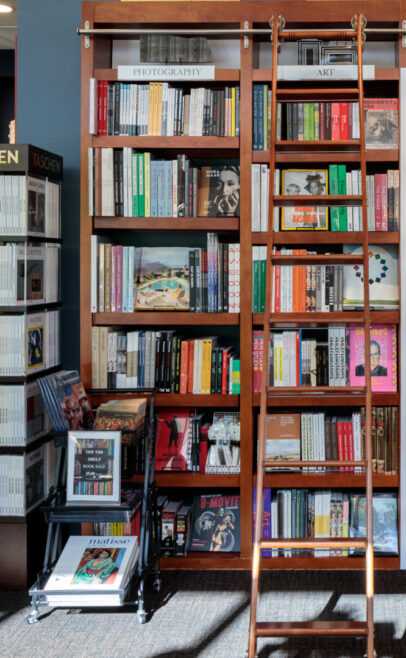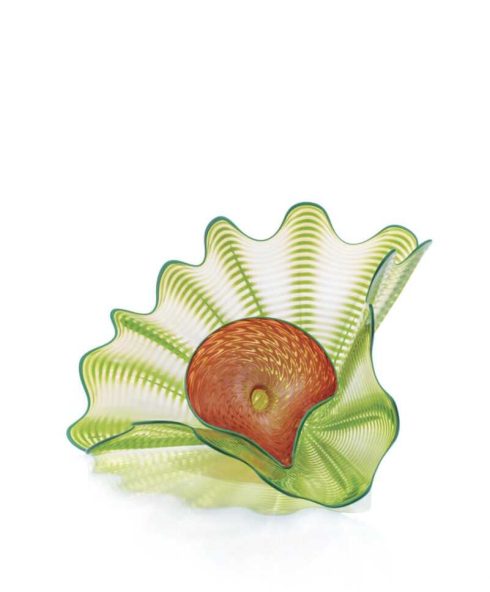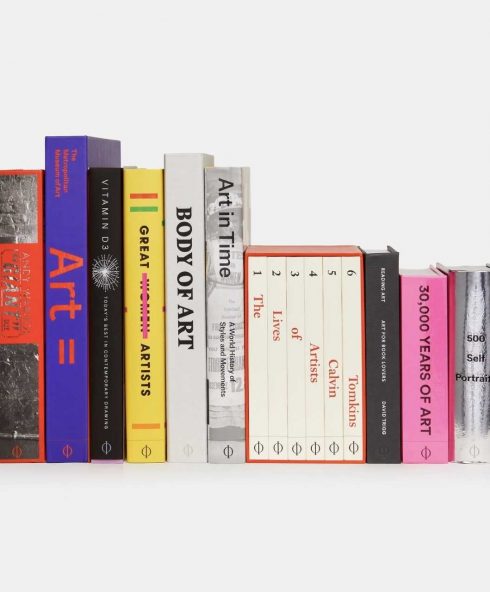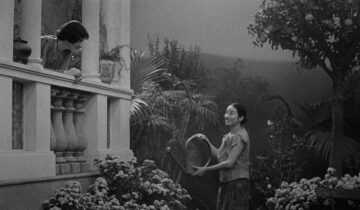“Like the Royal Theater in The Last Picture Show and the title movie house in Cinema Paradiso, the Fu-Ho is shutting down for good. A palace with seemingly mile-wide rows of red velvet seats, the likes of which you’ve seen only in your most nostalgic dreams (though they’re beginning to fray), the Fu-Ho’s valedictory screening is King Hu’s 1967 wuxia epic Dragon Inn, playing to a motley smattering of spectators. The standard grievances persist: patrons snack noisily and remove their shoes, treating this temple of cinema like their living room, but as we revisit the enveloping film in the wake of the pandemic, the sense that moviegoing as a communal experience is slipping away takes on a powerful and painful resonance. Yet Goodbye, Dragon Inn, released two decades ago by the internationally acclaimed Tsai Ming-liang, is too multifaceted to collapse into a simple valentine to the age of pre-VOD cinephilia. A minimalist where King Hu was a maximalist, preferring long, static shots and sparse use of dialogue, celebrated Taiwan-based director Tsai Ming-liang rises to the narrative challenges he sets for himself and offers the slyest, most delicate of character arcs (the manager, a woman with an iron brace on her leg, embarks on a torturous odyssey to deliver food to the projectionist, played by Lee Kang-sheng). By the time the possibility arises that the theater is haunted, we’ve already identified it as a space outside of time—indeed, two stars of Hu’s original opus, Miao Tien and Shih Chun, watch their younger selves with tears in their eyes, past and present commingling harmoniously and poignantly.” -Metrograph Pictures
View our open exhibitions at the Oklahoma City Museum of Art. From delicate glass pieces to painted portraits, we have everything you are interested in.
